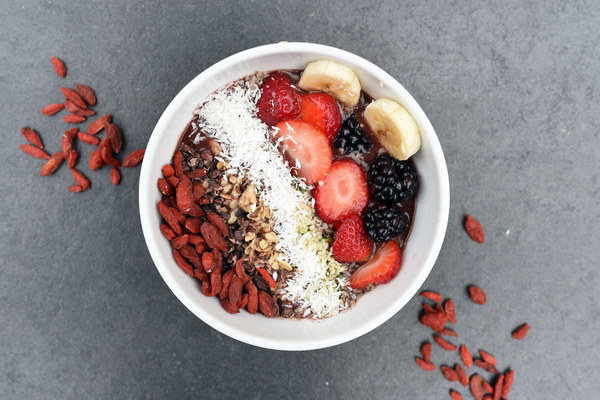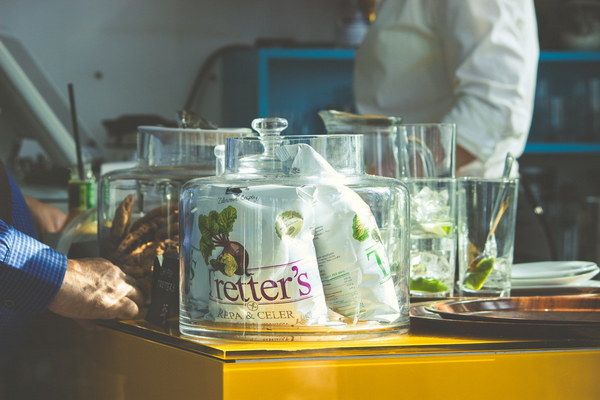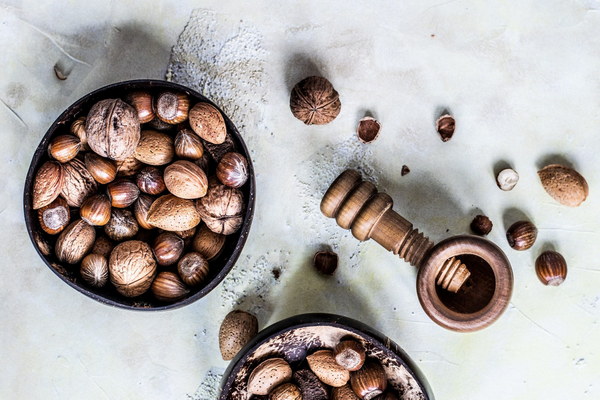Unlocking Health How Green Tea Helps Wipe Away Dampness and Enhance Well-being
In the pursuit of good health, traditional Chinese medicine has long held the secret to balancing the body's internal environment. One such remedy that stands out is the use of green tea to eliminate dampness, a concept deeply rooted in Chinese herbalism. This article delves into the science behind this ancient practice and explores how green tea can be a potent ally in the battle against dampness, leading to improved well-being.

Dampness, or Shi in Chinese medicine, refers to an imbalance in the body's moisture levels. It can manifest in various ways, such as fatigue, bloating, and even weight gain. The body is constantly working to maintain a balance between yin and yang, which are complementary forces that regulate the body's functions. Dampness occurs when the body's yin and yang are out of balance, leading to an accumulation of moisture in the tissues.
Green tea, with its rich history and numerous health benefits, is a natural remedy that Chinese medicine practitioners have used for centuries to combat dampness. The leaves of the Camellia sinensis plant contain a complex blend of polyphenols, antioxidants, and other bioactive compounds that work synergistically to promote health and well-being.
Here are some key ways in which green tea can help alleviate dampness:
1. Enhancing Metabolism: Green tea contains a substance called epigallocatechin gallate (EGCG), which has been shown to increase metabolic rate and fat oxidation. By boosting the body's ability to burn calories, green tea can help in reducing the accumulation of dampness-related weight gain.
2. Detoxifying: The high levels of antioxidants in green tea can help to flush out toxins from the body. This detoxification process is essential for maintaining a healthy balance of moisture, as it prevents the buildup of dampness in the tissues.
3. Promoting Urination: Green tea has a mild diuretic effect, which can help to increase urine production. This process can aid in the elimination of excess moisture from the body, thus reducing dampness-related symptoms.
4. Boosting Immunity: A strong immune system is crucial for maintaining a balanced internal environment. Green tea's antibacterial and antiviral properties can help to strengthen the immune system, making the body more resilient against dampness-related illnesses.
5. Regulating Energy: Dampness is often associated with a lack of energy and vitality. Green tea's natural stimulants, such as caffeine and theanine, can help to stimulate the central nervous system, providing a natural energy boost without the crashing effects of caffeine alone.
To incorporate green tea into your daily routine for dampness relief, consider the following tips:
- Choose the Right Green Tea: Look for high-quality green teas like Matcha, Genmaicha, or Longjing. These varieties are rich in the beneficial compounds that combat dampness.
- Frequency and Quantity: Aim to drink 2-3 cups of green tea per day. However, it's essential to monitor your caffeine intake, especially if you're sensitive to stimulants.
- Timing: The best time to drink green tea is in the morning and afternoon. Avoid drinking it in the evening, as the caffeine can interfere with sleep.
- Complementary Herbs: Combine green tea with other natural remedies, such as cinnamon, ginger, and turmeric, which can further enhance its dampness-relieving properties.
In conclusion, green tea is a powerful ally in the fight against dampness. By incorporating this ancient remedy into your daily routine, you can experience improved energy levels, weight management, and overall well-being. So, the next time you're feeling the weight of dampness, reach for a cup of refreshing green tea and embrace the health benefits that have stood the test of time.









